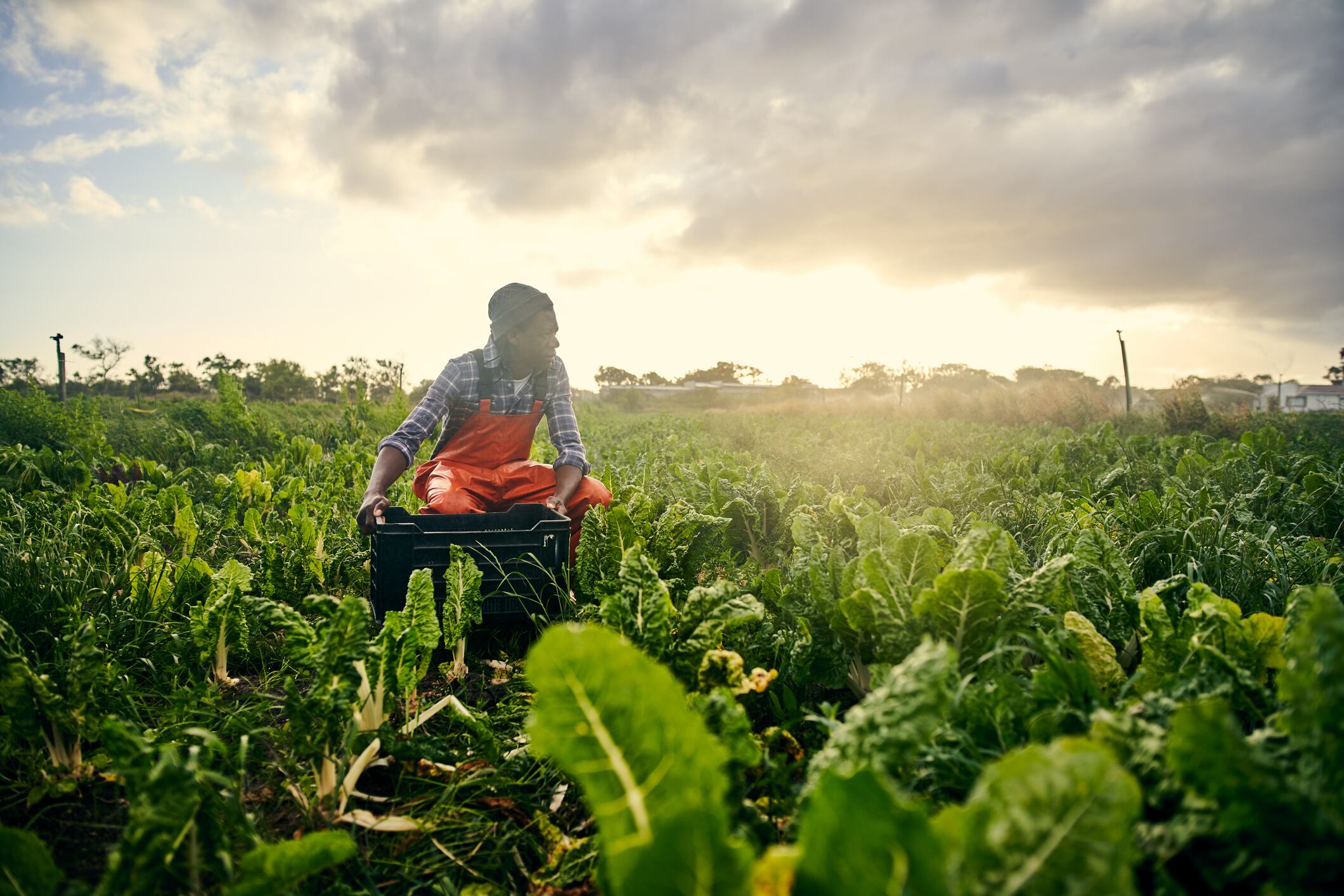As the world becomes more politically and economically fraught, food and beverage supply chains are increasingly put at risk.
Climate change threatens yields and increases the frequency of destructive weather events. The regulatory landscape is constantly shifting, often forcing farming practices to change. Even consumer trends can force companies to rethink which products they want to develop.
Suppliers and manufacturers must protect their supply chains through building strong relationships, mitigating risk and through thinking long-term.
Everyone is vulnerable
Climate change is perhaps the foremost factor threatening supply chains. It has plunged the food industry into uncertainty over a range of factors, such as the yields of key commodities.
When Francisco Martin-Rayo, CEO and co-founder of Helios AI, first started his company, major food manufacturers were confident that climatic pressures would not reach them.
Martin-Rayo, who’s company uses AI to predict agricultural risk, said that they believed they were so protected from climatic risk that they had little to worry about.
“Nobody believes that anymore,” he said at the IFE event in London this week, joking that this is probably good for his company, but bad for humanity as a whole.
So how can food manufacturers protect their supply chains from both these risks, and others?
Creating contingency plans
“What’s challenging is that we don’t actually know exactly what’s coming,“ explained Dr. Emma Keller, head of sustainability at Nestlé.
“We know the science better than we ever have… we know we’re facing more extreme and volatile conditions, we know certain supply regions are starting to fail or starting to show real jeopardy.”
She used cocoa as an example, the price of which reached 60-year highs a few months ago.
It is important to take into account how climate change can affect different regions differently, said Martin-Rayo.
While the average temperature worldwide is getting hotter, he explained, the extremes are both extreme hot and extreme cold. He points to, as an example, a coffee grower in Brazil who recently experienced two unexpected frosts.
Businesses that are prepared for volatility such as this will prosper, suggested Duncan Rawson, partner at European Food and Farming Partnerships. Businesses that are not will fail.
Because of this volatility, many farmers experience an outsize amount of risk. Rawson suggested that, in order to persuade farmers to adopt more climate-friendly practices, risk must be shifted away from them, for example through unconditional payments.
Key ways to protect your supply chain
- Create contingency plans (eg secondary and tertiary suppliers in different locations in case something goes wrong with the primary).
- Think long term and think very long term
- Ensurr you can adapt to a wide range of potential changes
- Build relationships with suppliers based on trust
Focusing on the future
Ensuring that a supply chain is secure means taking a long view. Resilience, stressed Tom Maidment, group product sustainability senior manager at Hilton Food Group, is about long-term thinking.
For Maidment, resilience is about looking at the next five or ten years.
This can be even longer. Nestlé‘s Keller has spoken to suppliers about looking ahead by 30 years, in the context of restoring peatlands and locking in carbon.
Such long-term thinking is to grow animals and crops for consumption.
“Once it shrinks down in that one anomalous year, building it back out can be a five-year process”
Tom Maidment - Group product sustainability senior manager at Hilton Food Group
Thus, manufacturers must take this into account when planning ahead.
Such production can be highly precarious, too. “Once it shrinks down in that one anomalous year, building it back out can be a five-year process,” Maidment explained.
Adapting your supply chain
Beyond these things, resilience is about adaptability. As European Food and Farming Partnerships' Rawson pointed out, “resilience is about being able to learn and adapt from what you’ve just been through”.
There are a wide range of factors to this, which go beyond thinking about climate change.
As Nestlé‘s Keller pointed out, Nestlé must be able to adapt to new factors; it must be able to ‘course correct’ due to regulatory changes, for example, or adapt to quickly changing consumer demands and factors like the rise of GLP-1s.
For a company like Nestlé, resilience is ‘baked in,’ because it has had to adapt so much throughout its century-and-a-half existence.
Helios’s Martin-Rayo also stressed the importance of adaptability. Resilience means ‘optionality’, the ability of its customers to fall back on secondary or tertiary suppliers if climatic conditions in areas where their primary suppliers operate cease to be viable.
The importance of collaboration
At a supply chain level, it is important to collaborate. By building strong relationships, the stability of your supply chain is cemented.
There are two models of supply chain relationships, according to Philip Gibson, founder and MD of Twig Strategic Communications. One model, which was based on more transactional relationships, used to predominate. The new model, he says, is much more significantly based on shared goals and the interdependence of businesses. Trust is key to such relationships, he said.
For example, Ros Heathcote, founder and managing director of Borough Broth, has strong personal relationships with her suppliers, and prioritises paying smaller ones before larger companies, in order to cement these relationships.
For Ed Whelpton, co-founder and COO of Bold Bean Co, it’s not just about trust but about values, specifically bringing values up the supply chain.
He pointed to Tony’s Open Chain as a successful; example of a brand’s values permeating through a supply chain. Broad Bean Co wants to create a similar standard for beans.
It is important that a supplier is on board with a company’s standards, he said.


